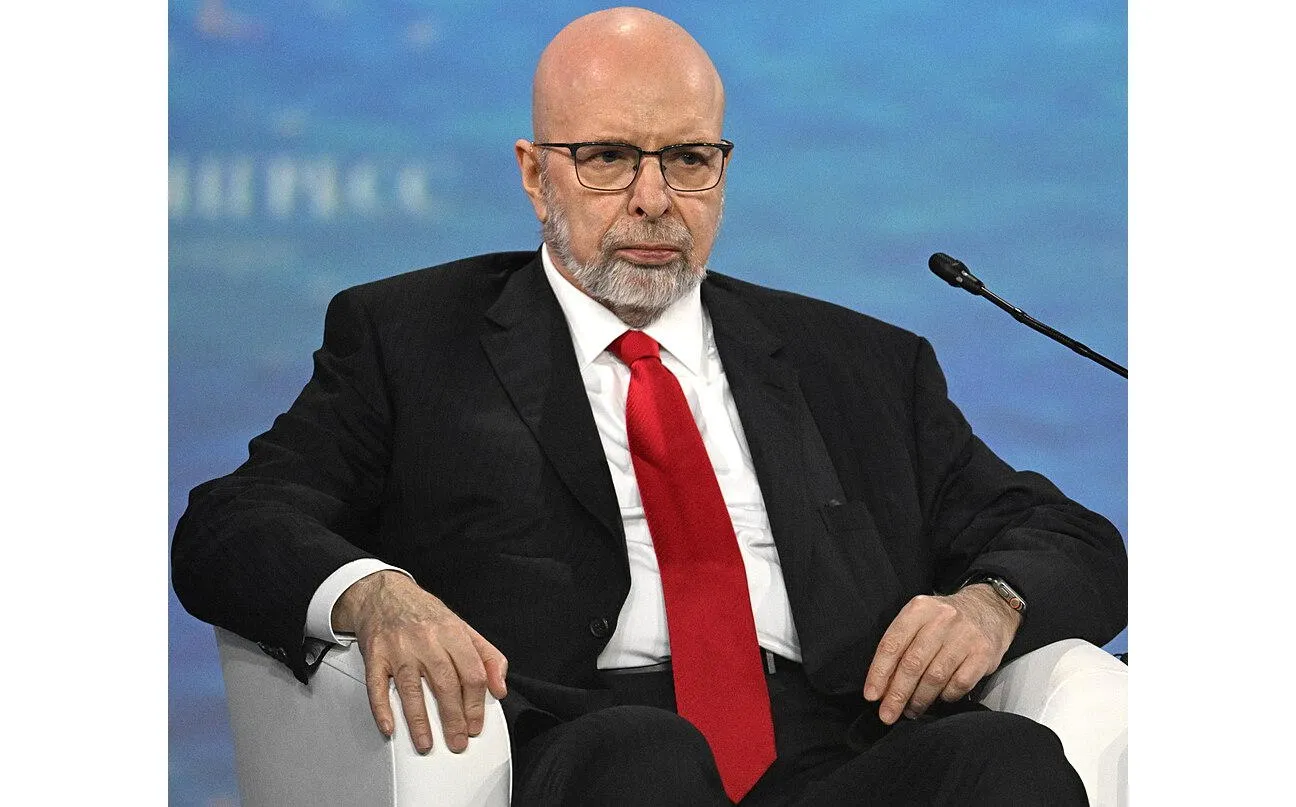The foreign ministerial meetings of the Association of Southeast Asian Nations (ASEAN) in Vientiane, Laos, July 25-27, takes place in different formats, including the Russia-ASEAN meeting, the ASEAN Regional Forum (ARF) and the East Asia Summit Foreign Ministers Meeting (EAS FMM). As Russian Foreign Ministry spokeswoman Maria Zakharova announced at her weekly briefing on July 24, Foreign Minister Sergey Lavrov will participate in all and “will present our views on the regional situation, in particular, the growth of the conflict potential in Asia Pacific due to the Western policy of militarizing the region, NATO’s military potential buildup, and the expansion of the network of block mechanisms"—that is, “closed military blocs.”
Russia, she continued, intends to advocate the idea of creating a just and equal world order in which ASEAN is a “natural partner for the Shanghai Cooperation Organization (SCO) and the EAEU [Eurasian Economic Union].” In this, Lavrov is already coordinating with Chinese Foreign Minister Wang Yi. The goal is for “substantive dialogue on the full scope of cooperation with the Association in politics, security, trade, the economy, social and cultural spheres.”
In contrast, U.S. Secretary of State Tony Blinken will be attending the Laos foreign ministerials, first to insist that there are no problems in Washington—no policy changes will occur, even though Joe Biden has bowed out of his presidential candidacy—and to also remind them that the Atlanticists’ provocative war-mongering policies for the Asia-Pacific are still in place. Blinken may hold a bilateral meeting with China’s Foreign Minister Wang Yi, with whom Lavrov met today. But Blinken isn’t likely to meet with Lavrov (see separate report).
It is notable that in an interview with TASS, Deputy Foreign Minister Andrey Rudenko reported that, while at the ASEAN foreign ministerial in Laos, Lavrov intends to discuss the proposals that Russian President Vladimir Putin made with his Foreign Ministry leadership on June 14 for creating a Eurasian security architecture. Rudenko noted that “in the current conditions,” Putin’s comprehensive proposal for Eurasian security architecture, first presented to senior Foreign Ministry staff June 14, “is gaining particular significance. We view the Association, whose foundation rests on the principles of equality, respect of all countries and interconnection, as a natural partner in this process.” Russia feels it necessary, Rudenko said, to bring up the militarization of the Asia-Pacific region, and Western attempts to deploy more strategic weapons in the region.



